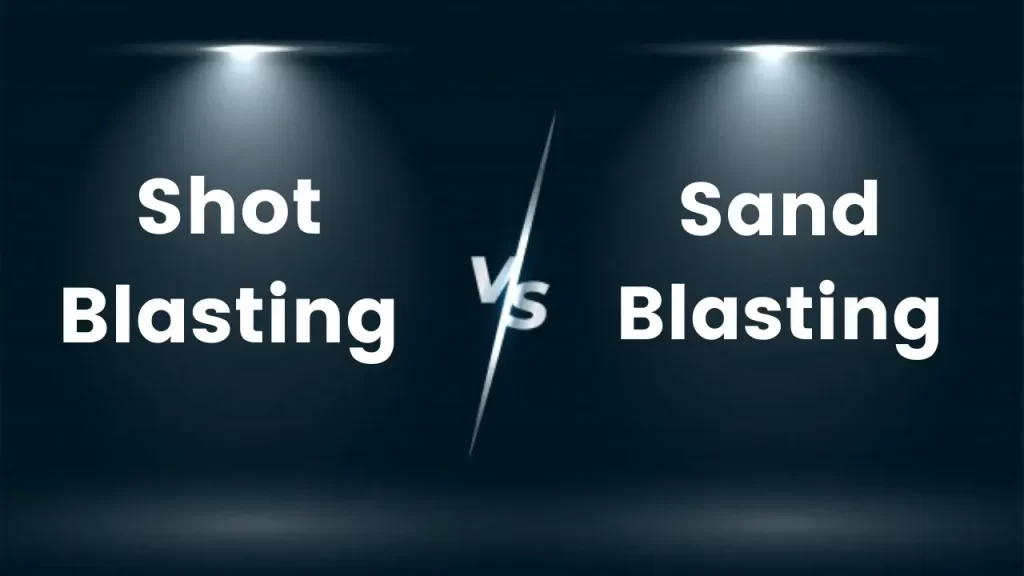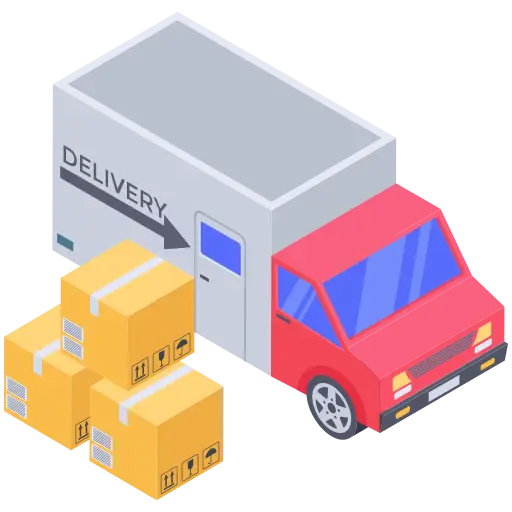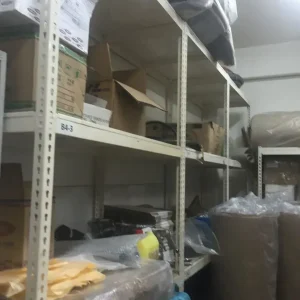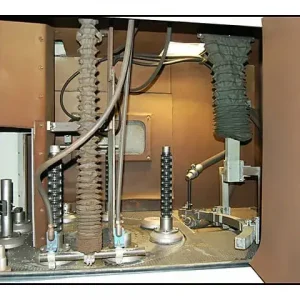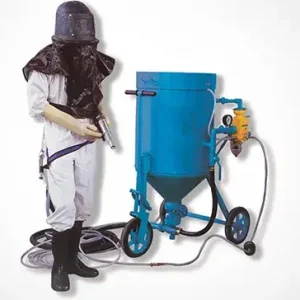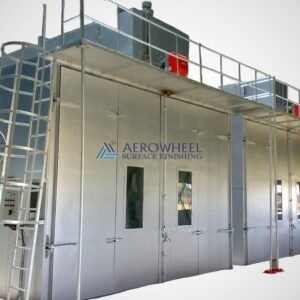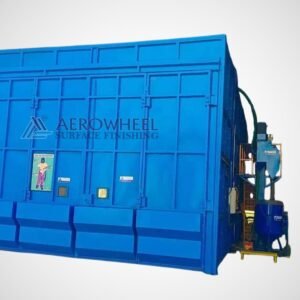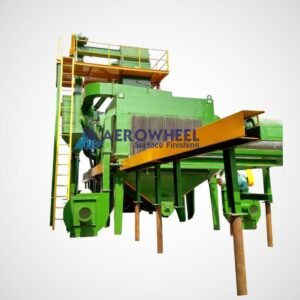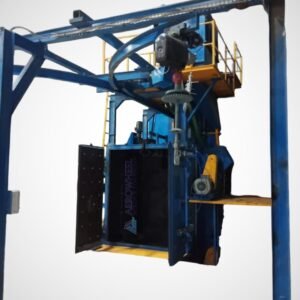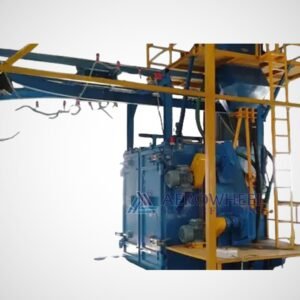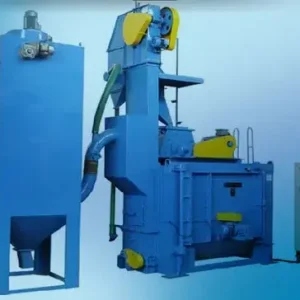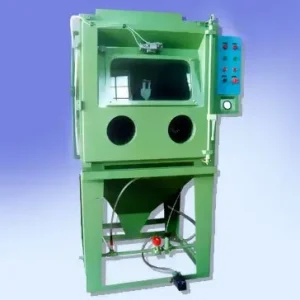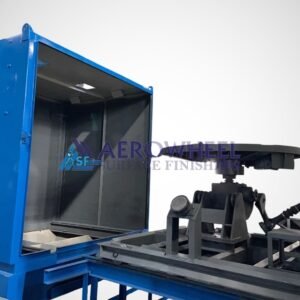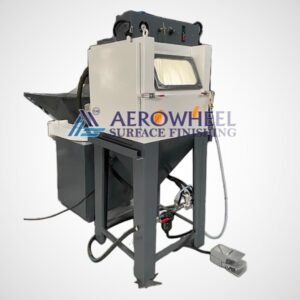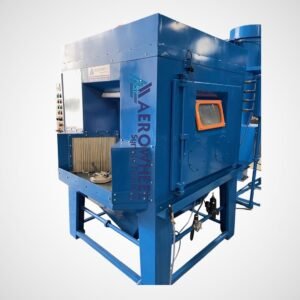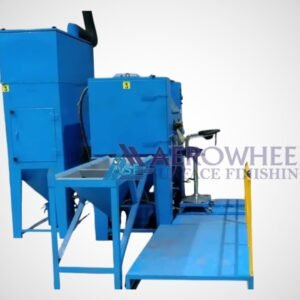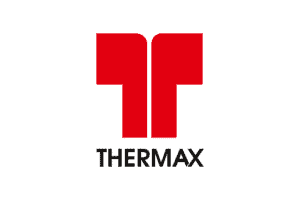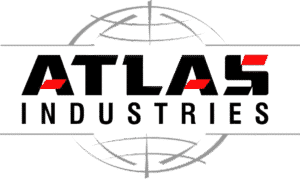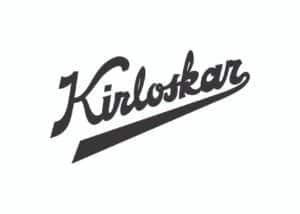Difference between Shot Blasting And Sand Blasting Machines? Aerowheel is a leading and trusted manufacturer of both Shot Blasting and Sand Blasting Machines. Often we come across queries from our clients regarding the difference between the two. If you are also anxious about finding out the difference between a Shot Blasting and Sand Blasting Machine, you are on the right page. Read our blog below.
What is Shot Blasting?
The term “shot blasting” refers to the process of propelling abrasive media material with centrifugal or mechanical force. Shotblasting has an entirely different pressurizing system than sandblasting. This abrasive treatment method uses a device similar to a spinning wheel to centrifugally accelerate shot-like material and blast it against a surface.
Shot Blasting is a much more aggressive abrasive technique than sandblasting. It’s usually used for larger and more difficult preparation objects that need a strong application force and a denser media material to clean and prepare a surface. Shotblasting also requires strict containment as the force of blasted shot could cause collateral damage if the process isn’t confined.
You’ll often find shot blasting centrifugal abrasion treatment in large-scale operations. That could be in shot blasting tanks where steel shot or grit blasts rough surfaces like automobile frames being restored or steel containers being recycled. You’ll also find shot blasting at work where engine components require peening to increase malleability.
What is Sandblasting?
Regardless of the abrasive media, the term “sandblasting” refers to the process of propelling that abrasive media with compressed air. This cleaning and preparation procedure takes compressed air as a power source and directs a high-pressure stream of abrasive media toward the given surface.
That surface could be auto parts being cleaned of dirt, grease, and oil. It could be rusty chains in a shipyard being reconditioned. Or the surface could be old filing cabinets being prepped for powder coating.
Sandblasting is a proven pre-finishing technique that’s been around for over a hundred years. Sandblasting equipment has evolved from uncontained, free-spraying streams of sand creating noxious dust clouds to highly sophisticated contained enclosures with precise abrasive stream control. Sandblasting’s media also changed from sand to more user-friendly materials.
Despite the change in equipment and materials, sandblasting is still the most common and preferred abrasive treatment method. It’s particularly suited to soft and sensitive materials being readied for final finishes. Sandblasting is also a more economical equipment system to purchase, easier to operate, and offers excellent quality to the consumer.
Sandblasting is typically a smoother and less invasive abrasion process. However, that also depends on the compressed air pressure you use and the abrasive media material you select. Because sandblasting is less forceful than shot blasting, it’s much more forgiving. With light pressure and soft media materials like organics or glass, you can treat very sensitive surfaces with little risk of accidental damage.
Best Wet Blast Cabinet Manufacturers in India
Sand Blasting Hopper at AeroWheel Surface Finishing: Efficiency and Precision in Surface Preparation
Shot Blasting in the Automotive Industry: Key Advantages
Sandblasting is the ideal solution for cleaning delicate electronic parts or connectors that have corroded. You have many media options with sandblasting such as aluminum oxide that cuts through surface contamination and leaves the undersurface clean but totally intact. For more abrasion with sandblasting, you can step up to silicon carbide as a medium without worrying about overdoing it.
Shotblasting has its place when you require deep abrasive penetration on denser materials. Where sandblasting might be too gentle and time-consuming for treating gears and shafts, shot blasting will quickly prepare thick and heavy surfaces like metal hulls and truck hubs.
Shot Blasting lends itself well to coarse abrasion media like steel shot and steel grit. These are heavy-duty media materials that pound into a surface to loosen caked-on rust or baked-on pollution. You might have heard discussions about shot peening vs shot blasting. Peening is a metallurgical term for pounding metal to increase strength and durability. Shotblasting is actually a peening process used for tougher surfaces than what you’d treat by sandblasting.
These are the key points of differentiation between a Shot Blasting and a Sand Blasting Machine. Besides these, the equipment used for Shot Blasting and SandBlasting also differ.
If you found our blog informative and wish to make an inquiry, feel free to connect with us!

